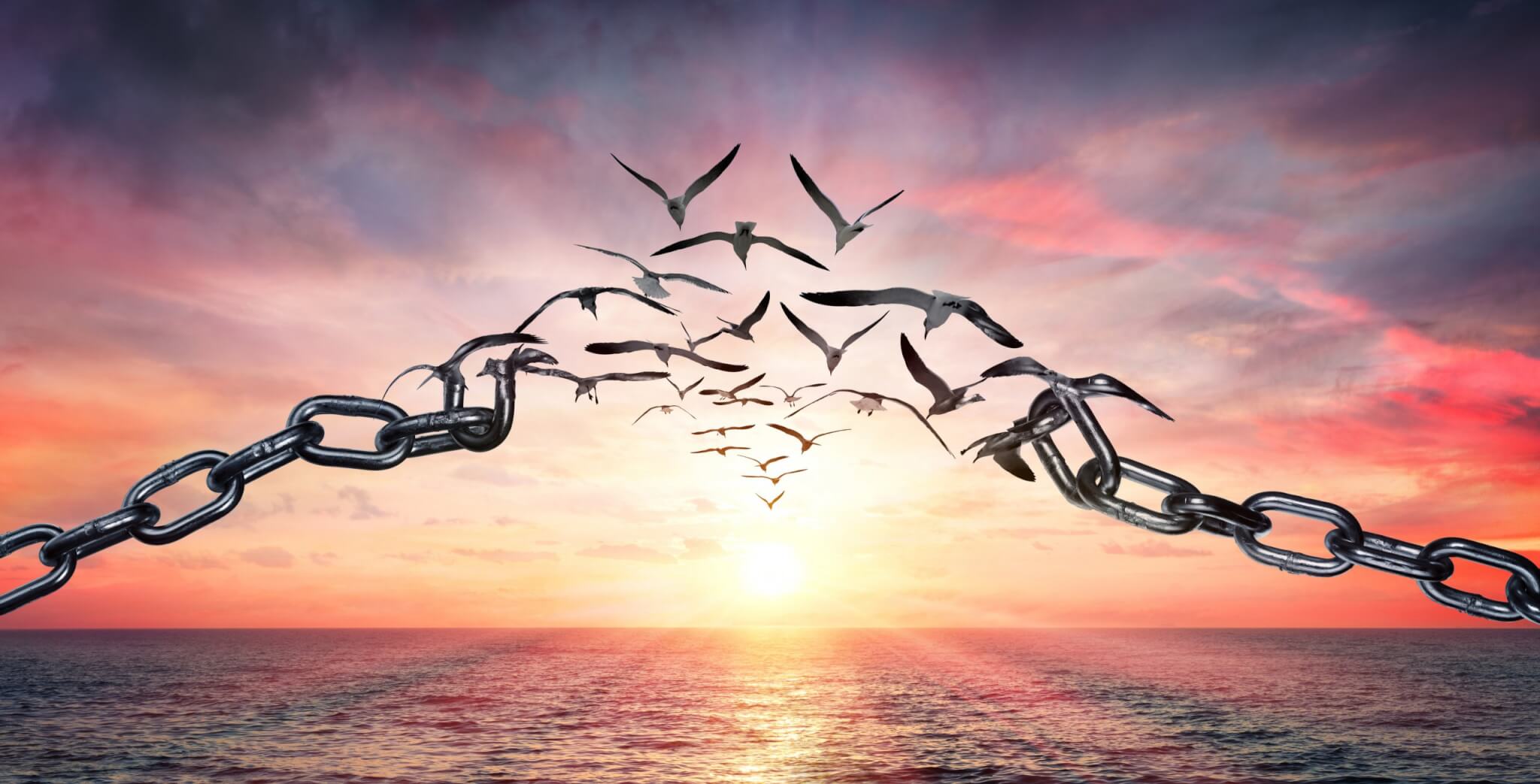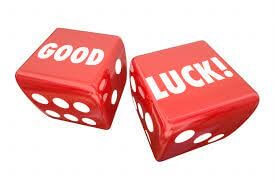The Story of the Free Will

Free or in chains?
Food for Thought Lovers
by Oliver Burkeman
Amsterdam, 3 May 2021– Like Strawson, he has received email abuse from people disturbed by the implications.
Retribution is central to all modern systems of criminal justice, yet ultimately, Caruso thinks, “it’s a moral injustice to hold someone responsible for actions that are beyond their control.
It’s capricious.” Indeed some psychological research, he points out, suggests that people believe in free will partly because they want to justify their appetite for retribution.
“What seems to happen is that people come across an action they disapprove of; they have a high desire to blame or punish; so they attribute to the perpetrator the degree of control over their own actions that would be required to justify blaming them.”
It’s no accident that the free will controversy is entangled in debates about religion: following similar logic, sinners must freely choose to sin, in order for God’s retribution to be justified.
Caruso is an advocate of what he calls the “public health-quarantine” model of criminal justice, which would transform the institutions of punishment in a radically humane direction.
You could still restrain a murderer, on the same rationale that you can require someone infected by Ebola to observe a quarantine: to protect the public. But you’d have no right to make the experience any more unpleasant than was strictly necessary for public protection.
And you would be obliged to release them as soon as they no longer posed a threat. The main focus, in Caruso’s ideal world, would be on redressing social problems to try stop crime happening in the first place – just as public health systems ought to focus on preventing epidemics happening to begin with.
It’s tempting to try to wriggle out of these ramifications by protesting that, while people might not choose their worst impulses – for murder, say – they do have the choice not to succumb to them. You can feel the urge to kill someone but resist it, or even seek psychiatric help. You can take responsibility for the state of your personality. And don’t we all do that, all the time, in more mundane ways, whenever we decide to acquire a new professional skill, become a better listener, or finally get fit?
But this is not the escape clause it might seem. After all, the free will sceptics insist, if you do manage to change your personality in some admirable way, you must already have possessed the kind of personality capable of implementing such a change – and you didn’t choose that.

None of this requires us to believe that the worst atrocities are any less appalling than we previously thought.
But it does entail that the perpetrators can’t be held personally to blame.
If you’d been born with Hitler’s genes, and experienced Hitler’s upbringing, you would be Hitler – and ultimately it’s only good fortune that you weren’t. In the end, as Strawson puts it, “luck swallows everything”
Given how watertight the case against free will can appear, it may be surprising to learn that most philosophers reject it: according to a 2009 survey, conducted by the website PhilPapers, only about 12% of them are persuaded by it.
And the disagreement can be fraught, partly because free will denial belongs to a wider trend that drives some philosophers spare – the tendency for those trained in the hard sciences to make sweeping pronouncements about debates that have raged in philosophy for years, as if all those dull-witted scholars were just waiting for the physicists and neuroscientists to show up.

In one chilly exchange, Dennett paid a backhanded compliment to Harris, who has a PhD in neuroscience, calling his book “remarkable” and “valuable” – but only because it was riddled with so many wrongheaded claims: “I am grateful to Harris for saying, so boldly and clearly, what less outgoing scientists are thinking but keeping to themselves.”
What’s still more surprising and hard to wrap one’s mind around, is that most of those who defend free will don’treject the sceptics’ most dizzying assertion – that every choice you ever make might have been determined in advance.
So in the fruit bowl example, a majority of philosophers agree that if you rewound the tape of history to the moment of choice, with everything in the universe exactly the same, you couldn’t have made a different selection.
That kind of free will is “as illusory as poltergeists”, to quote Dennett. What they claim instead is that this doesn’t matter: that even though our choices may be determined, it makes sense to say we’re free to choose.
Do not miss Part VI
Mr. Burkeman is a British author living in New York




